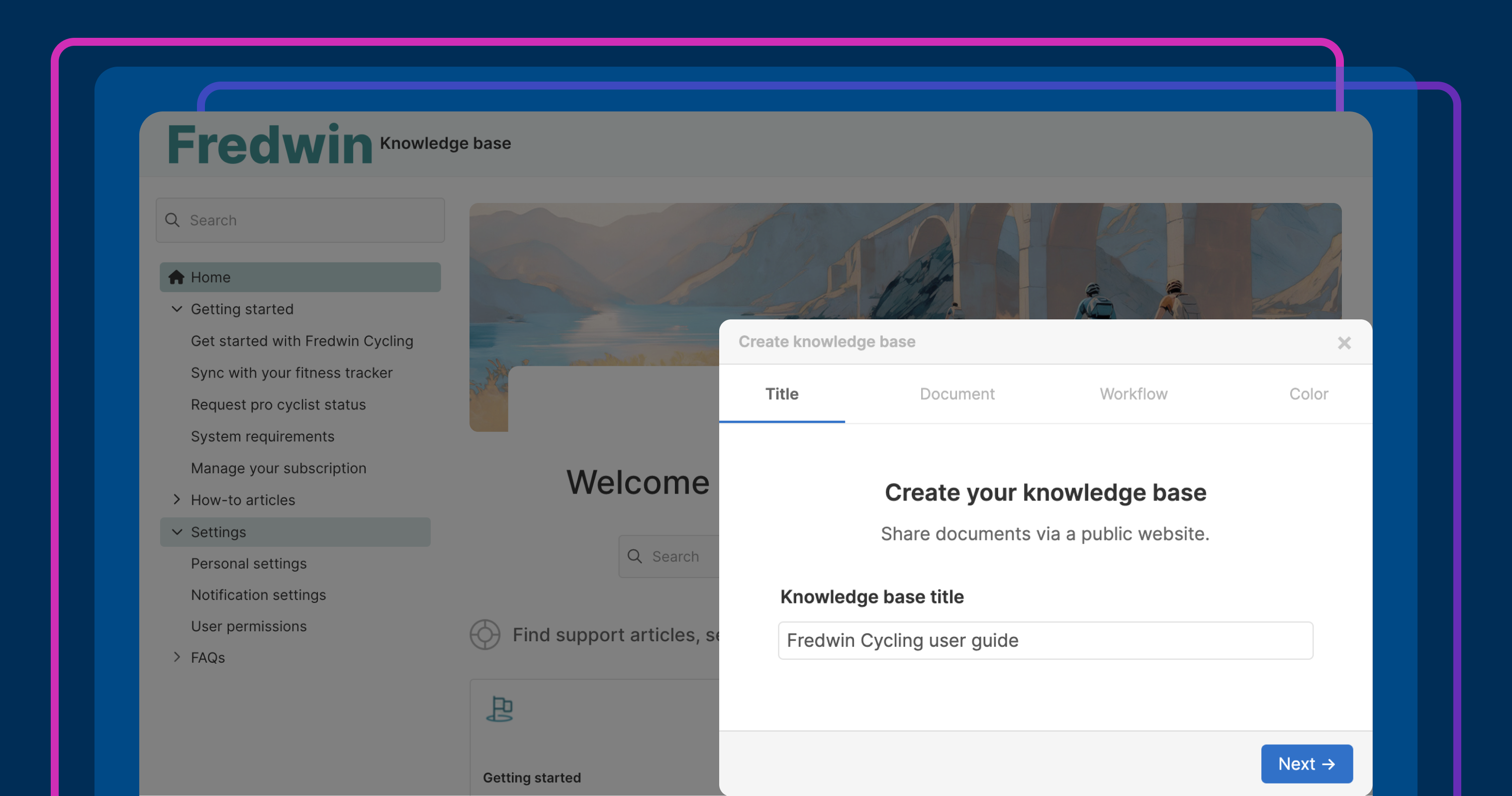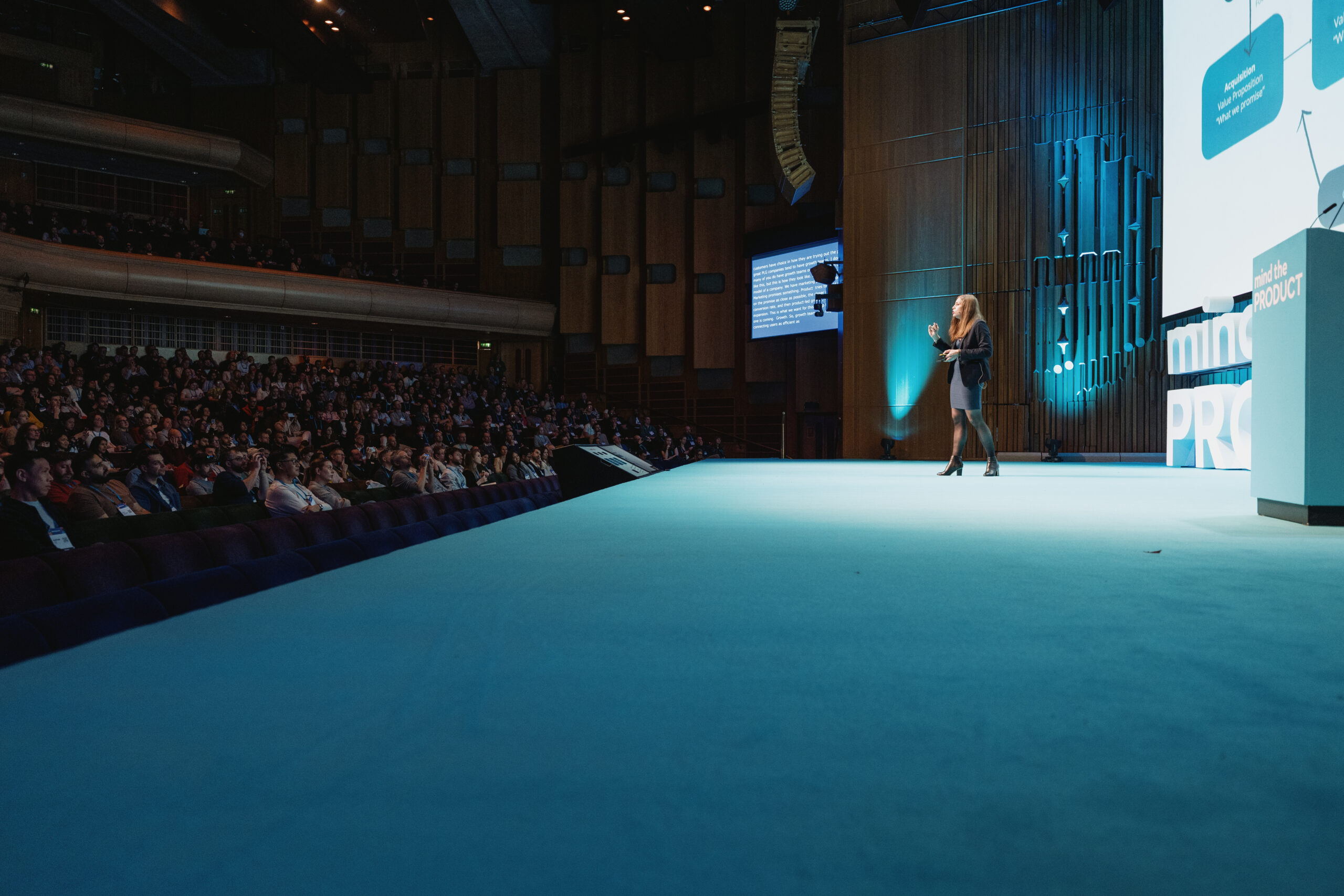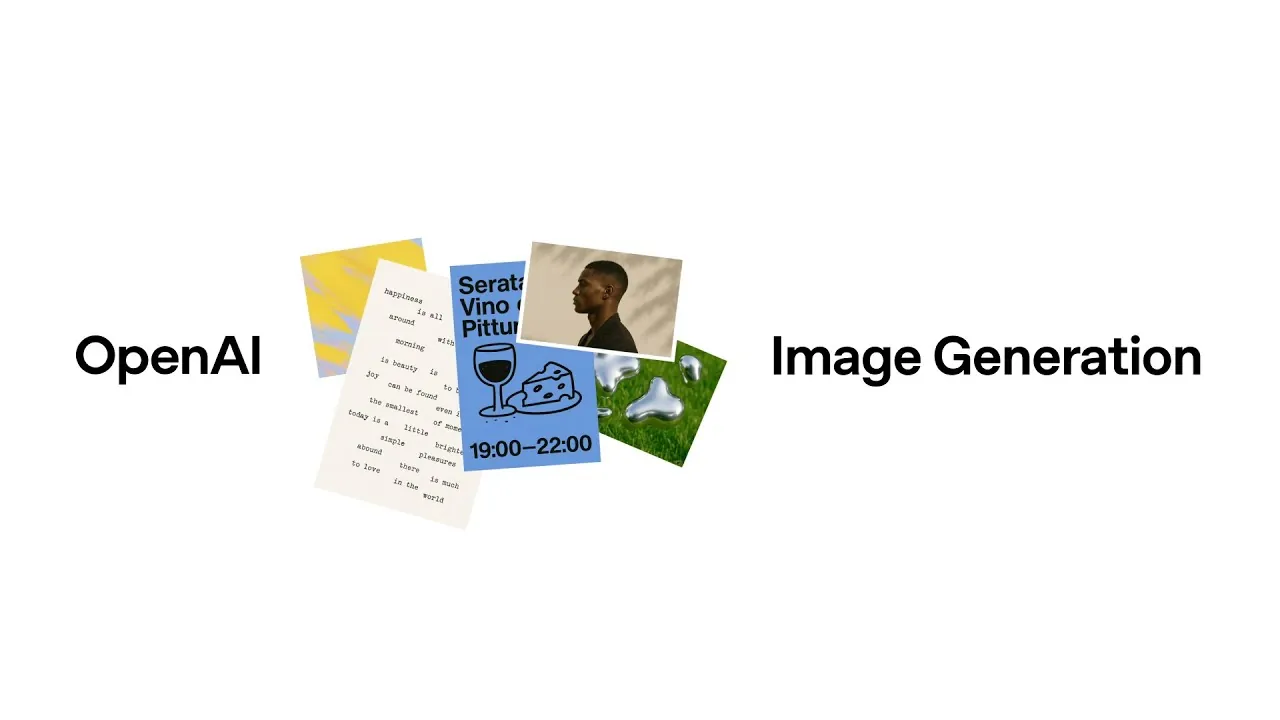Why DEI principles matter to both employers and employees
In today’s dynamic, diverse, and rapidly changing workforce, organizations’ success is dependent upon creating an environment where different perspectives come together. That’s how we produce the best ideas. Despite the recent attacks on them, Diversity, Equity, and Inclusion principles provide a crucial foundation for thriving companies. If companies want to experience the benefits of broad ideas, they need to attract talented employees from different backgrounds. And once they’ve hired those top talents, they need to make sure that they don’t exclude anyone from participating in discussions and sharing their honest views. Many arguments support why successful organizations need to be able to capture the best from as wide a range of people as possible. Here are a few of the main ones. 1. Results in greater creativity and innovation By bringing a wide range of perspectives, experiences, and ideas to the table, organizations ensure that they have a large enough reservoir that they need to come up with fresh approaches and new, groundbreaking solutions. In my book, Emotional Intelligence Game Changers: 101 Simple Ways to Win at Work + Life, I delve into how to create a culture of creativity. In an organization, employees need to be able to bounce new and diverse ideas off each other. They also need to trust that the company will value their uniqueness and contributions. In a diverse and rapidly changing landscape, organizations that limit their circle to people of similar backgrounds risk stagnation. They’re also likely to fail in their quest to recruit and keep talented people who are necessary for ongoing growth and success. 2. Boosts connection and collaboration When all employees feel free and empowered to share their thoughts and ideas, it builds a culture of connection and collaboration. As a result, teamwork skills begin to develop among diverse groups, breaking down barriers and increasing understanding of and respect for those who are different from us. The effect of this is increased motivation and commitment to work toward shared goals. CultureCon’s latest showed that when employees feel their voices are genuinely valued, they are 3.5 times more likely to report higher job satisfaction. 3. Increases the organization’s ability to attract and retain top talent Being known as an organization that supports DEI principles is attractive to people who are looking for a place to work where they will be treated fairly and equitably. These individuals are looking for places where they can thrive and get the opportunity to work with other talented people. When they find a place where companies appreciate and recognize them, they are more motivated to remain with the organization. CultureCon’s research found that 63% of employees are more likely to stay at a company that actively prioritizes DEI. 4. Improves job satisfaction and well-being When staff witness a genuine commitment to ensuring that they value, hear, and appreciate everyone, an atmosphere of trust and loyalty spreads through the organization. This leads to reduced turnover and enhanced job satisfaction, which makes people feel excited to be part of the organization. The result is greater productivity and overall organizational success. 5. Enhances the organizational brand and reputation Having a strong commitment to diversity, inclusion, and social responsibility has far-reaching effects beyond the organization itself. The reputation that it builds will make the organization stand out as a leader. It will also attract new loyal customers, and secure more business opportunities. Customers and clients will search out organizations that they trust will develop fair, equitable, and diverse workplaces. DEI might be under attack, but organizations that continue to invest in it will reap the rewards in the long run. An inclusive, supportive workplace that encourages a broad range of ideas to flourish will result in creativity, innovation, and a positive work culture. And in the long term, those are the organizations that will last.

In today’s dynamic, diverse, and rapidly changing workforce, organizations’ success is dependent upon creating an environment where different perspectives come together. That’s how we produce the best ideas. Despite the recent attacks on them, Diversity, Equity, and Inclusion principles provide a crucial foundation for thriving companies.
If companies want to experience the benefits of broad ideas, they need to attract talented employees from different backgrounds. And once they’ve hired those top talents, they need to make sure that they don’t exclude anyone from participating in discussions and sharing their honest views.
Many arguments support why successful organizations need to be able to capture the best from as wide a range of people as possible. Here are a few of the main ones.
1. Results in greater creativity and innovation
By bringing a wide range of perspectives, experiences, and ideas to the table, organizations ensure that they have a large enough reservoir that they need to come up with fresh approaches and new, groundbreaking solutions.
In my book, Emotional Intelligence Game Changers: 101 Simple Ways to Win at Work + Life, I delve into how to create a culture of creativity. In an organization, employees need to be able to bounce new and diverse ideas off each other. They also need to trust that the company will value their uniqueness and contributions. In a diverse and rapidly changing landscape, organizations that limit their circle to people of similar backgrounds risk stagnation. They’re also likely to fail in their quest to recruit and keep talented people who are necessary for ongoing growth and success.
2. Boosts connection and collaboration
When all employees feel free and empowered to share their thoughts and ideas, it builds a culture of connection and collaboration. As a result, teamwork skills begin to develop among diverse groups, breaking down barriers and increasing understanding of and respect for those who are different from us. The effect of this is increased motivation and commitment to work toward shared goals. CultureCon’s latest showed that when employees feel their voices are genuinely valued, they are 3.5 times more likely to report higher job satisfaction.
3. Increases the organization’s ability to attract and retain top talent
Being known as an organization that supports DEI principles is attractive to people who are looking for a place to work where they will be treated fairly and equitably. These individuals are looking for places where they can thrive and get the opportunity to work with other talented people. When they find a place where companies appreciate and recognize them, they are more motivated to remain with the organization. CultureCon’s research found that 63% of employees are more likely to stay at a company that actively prioritizes DEI.
4. Improves job satisfaction and well-being
When staff witness a genuine commitment to ensuring that they value, hear, and appreciate everyone, an atmosphere of trust and loyalty spreads through the organization. This leads to reduced turnover and enhanced job satisfaction, which makes people feel excited to be part of the organization. The result is greater productivity and overall organizational success.
5. Enhances the organizational brand and reputation
Having a strong commitment to diversity, inclusion, and social responsibility has far-reaching effects beyond the organization itself. The reputation that it builds will make the organization stand out as a leader. It will also attract new loyal customers, and secure more business opportunities. Customers and clients will search out organizations that they trust will develop fair, equitable, and diverse workplaces.
DEI might be under attack, but organizations that continue to invest in it will reap the rewards in the long run. An inclusive, supportive workplace that encourages a broad range of ideas to flourish will result in creativity, innovation, and a positive work culture. And in the long term, those are the organizations that will last.































































































![Building A Digital PR Strategy: 10 Essential Steps for Beginners [With Examples]](https://buzzsumo.com/wp-content/uploads/2023/09/Building-A-Digital-PR-Strategy-10-Essential-Steps-for-Beginners-With-Examples-bblog-masthead.jpg)



![How One Brand Solved the Marketing Attribution Puzzle [Video]](https://contentmarketinginstitute.com/wp-content/uploads/2025/03/marketing-attribution-model-600x338.png?#)






![How to Use GA4 to Track Social Media Traffic: 6 Questions, Answers and Insights [VIDEO]](https://www.orbitmedia.com/wp-content/uploads/2023/06/ab-testing.png)







![[Hybrid] Graphic Designer in Malaysia](https://a5.behance.net/920d3ca46151f30e69b60159b53d15e34fb20338/img/site/generic-share.png)
























